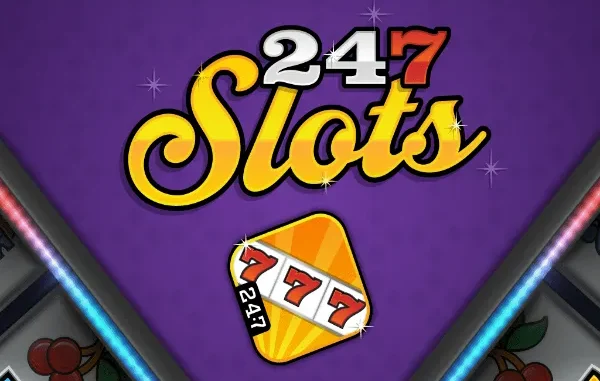
The past decade has witnessed the explosive growth of a new category of games that straddle the line between entertainment and gambling – social casino games. Once a niche genre, social casino titles like Zynga’s “Hit it Rich!” and PlayStudios’ “myVEGAS Slots” have rapidly claimed a major share of the gaming market. Their growth shows no signs of slowing down, either, as both players and developers continue to flock to this new hybrid genre of gaming entertainment at Pino Casino.
Why Social Casino Games Are Skyrocketing in Popularity
Social casino games take the basic framework of casino gambling and adapt it to a free-to-play, social context. Players can take their chances at slots, poker, roulette, and other casino staples without wagering real money. These titles also incorporate social features that allow players to interact with friends.
This fusion of familiar casino gameplay with strong social elements has proven extremely appealing to modern audiences. Social casino games have achieved impressive market penetration across key demographics. Research indicates over 100 million people worldwide play social casino games, with the average player logging in for over an hour a day.
Several key advantages are driving this momentum:
- They are easy to access: Unlike real-money gambling, social casino games can be played instantly on any smartphone without legal restrictions. This accessibility drastically expands the potential audience.
- Risk-free entertainment: Players enjoy the thrill and suspense of casino games without the financial risks of gambling, making social casino titles appealing casual entertainment.
- Social interconnectivity: Features like leaderboards, guilds/teams, and gift sharing incentivize players to engage with friends and form gaming communities.
The numbers speak for themselves. Social casino gaming is officially the fastest growing segment of the gaming market. Analyst group Eilers & Krejcik predicts the global market will reach a value of $6.6 billion by 2023.
The Growing Influence of Social Casino Titles
Fueled by their extreme popularity, social the reviews casino games are starting to exert ripple effects across the gaming industry:
- They are blurring the lines between gaming and gambling. Features like virtual chips and slots introduce younger demographics to casino mechanics in a risk-free environment.
- Their revenue models are being adopted more widely. While controversial, the microtransaction-driven business model of social casino titles has proven it can generate sizable profits. According to Juniper Research, in-game gambling will be a $74 billion industry by 2025.
- They are shaping development priorities. Large gaming studios like Scientific Games are shifting R&D budgets to social casino titles at the expense of traditional projects.
The runaway success of the social casino genre serves as the latest example of how casual and mobile games are evolving to appeal to changing demands. Given the surging popularity of titles like Zynga Poker and “myVEGAS Slots,” social casino games will continue maturing into a dominant force in the gaming industry for years to come.
Key Figures on the Social Casino Gaming Industry
| Category | Statistic | Year |
| Active players | 101 million globally | 2021 |
| Estimated revenue | $6.6 billion by 2023 | Predicted value |
| Avg revenue per user | $92 per player annually | 2021 figure |
| Time spent playing | 64 minutes per day | Average daily |
The numbers show the massive commercial potential tapped into by top social casino games. Zynga’s titles alone account for approximately $1 billion in bookings annually. Their success reveals how the appeal of social interaction and community can drive profits.
Adding gambling-style monetization systems to free casual games has also provided a new revenue stream for developers. 38% of social casino gamers make in-app purchases. When scaled to audiences of over 100 million players, even minor conversion rates generate substantial revenue.
Concerns Around Increasing Monetization
However, the influx of casino elements has raised concerns over the monetization practices of top social casino titles. Critics argue features like virtual chips closely resemble gambling, even if no real money is involved. This could enable dubious tactics.
For example, features like reward streaks and bonuses may manipulate player psychology to encourage spending. While typically not classifiable as “gambling,” these techniques are reminiscent of those used by casino games. Lawmakers in jurisdictions like Australia are now re-examining social casino games under gambling legislation.
Developers counter that chips simply act as a playtime currency, arguing players always receive entertainment value in return for purchases. But with 1 million chips in Zynga Poker costing $500, invariably questions will persist around how social casino monetization toes ethical lines. Careful self-governance by developers will be critical to ensuring this genre retains mainstream approval.

Leave a Reply